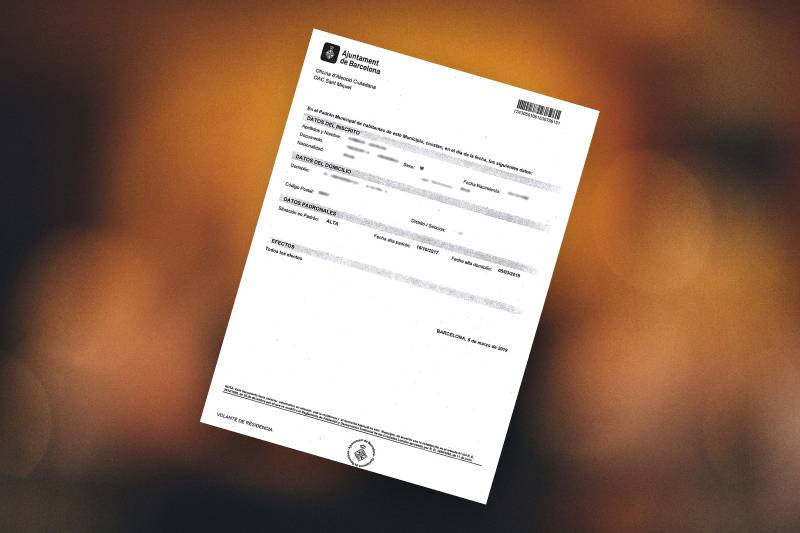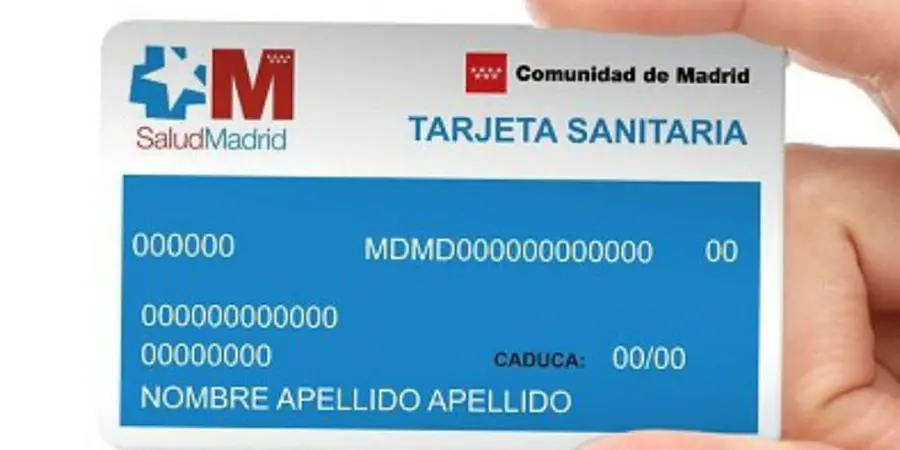I am American What do I need to work in Spain?

If you’re an American looking to work legally in Spain in 2025, you’ll need to approach the process with a clear understanding of Spain’s legal and bureaucratic requirements. Spain remains a highly desirable destination for U.S. professionals, but gaining work authorization isn’t as simple as booking a flight. Here’s a business-focused overview of your options and what’s required to ensure legal employment.
Work Authorization: No Shortcuts
U.S. citizens can visit Spain as tourists for up to 90 days within any 180-day window, but this status does **not** permit any work—remote, freelance, or otherwise. Engaging in any form of employment without proper authorization risks legal repercussions and future entry bans.
Legal Pathways for Americans to Work in Spain
1. Work Visa with Job Offer (Highly Skilled Worker Permit)
Requirement:
- A formal job offer from a Spanish company.
- The employer must demonstrate that no EU citizen is available for the position (unless the role is on Spain’s list of hard-to-fill professions, such as engineering, healthcare, or technology).
- The sponsoring employer initiates the application in Spain. Once approved, you’ll apply for the visa at the nearest Spanish consulate in the U.S.
Business Insight:
This is the most direct route to long-term legal employment and residence, but competition is high and many companies are hesitant to sponsor non-EU candidates due to the administrative burden.
2. Digital Nomad Visa
Eligibility:
Remote employees or freelancers who work for non-Spanish employers or clients.
- **Requirements:** Minimum monthly income of €2,646, proof of higher education or three years of relevant professional experience, a clean criminal record, and private health insurance.
Key Consideration:
This is a fast-growing option for professionals in tech, marketing, and creative sectors. It does **not** allow for work with Spanish companies or clients.
3. Freelance/Self-Employed Visa (Autónomo)
- Requirements:
A robust business plan, proof of adequate funds, and (in some cases) contracts or letters of intent from future clients.
- After arrival, you must register as an autónomo and affiliate with Spanish social security.
Business Reality:
This route offers flexibility for independent professionals and entrepreneurs, but the application process is documentation-heavy and scrutinized closely by authorities.
4. Intra-Company Transfer
Eligibility:Employees of U.S. companies with a Spanish branch or affiliate.
- Requirements:Minimum three months’ prior employment, a specialized or managerial role, and a detailed relocation plan.
Note:
This is best suited to established professionals whose current employers have a Spanish presence.
5. Language Assistant (Auxiliar de Conversación)
- Description:Part-time English language assistant in public schools, typically on an 8–9 month contract.
- Visa: Granted under a student visa, which allows limited work and income.
Consideration:
Ideal for early-career professionals or those seeking short-term experience; not designed for long-term career growth or significant earnings.
After Arrival: Compliance Steps
Upon entering Spain with the appropriate visa, you must:
1. Obtain your NIE (Foreigner Identification Number).
2. Apply for your TIE (Tarjeta de Identidad de Extranjero) residence card.
3. Register your address at the local town hall (empadronamiento).
Timely completion of these steps is essential for legal residency and work authorization.
Application Location: U.S. or Spain?
Most visas require application from the U.S. before arrival. Select options—such as the Digital Nomad or Self-Employed Visa—may be available for in-country application if you’re already in Spain on a legal basis (e.g., tourist visa). These procedures are nuanced and should be evaluated case by case.
Professional Support Recommended
Spain’s immigration system can be complex and unforgiving. For most professionals, engaging a qualified agency or legal advisor is a prudent step to ensure compliance, minimize delays, and streamline the process.
For tailored advice and full-service support, our agency is ready to assist from initial consultation through final registration in Spain.


